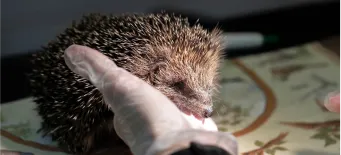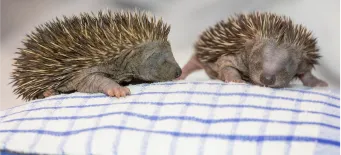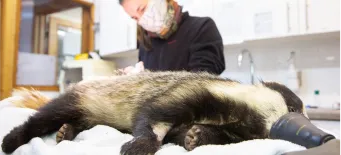The Great-Spotted Woodpecker is somewhat of a rarity in wildlife rescues, usually safe from predation, and at low risk of falling from their very secure nest within a tree trunk, we were relatively surprised to receive not one but three hatchling woodpeckers!
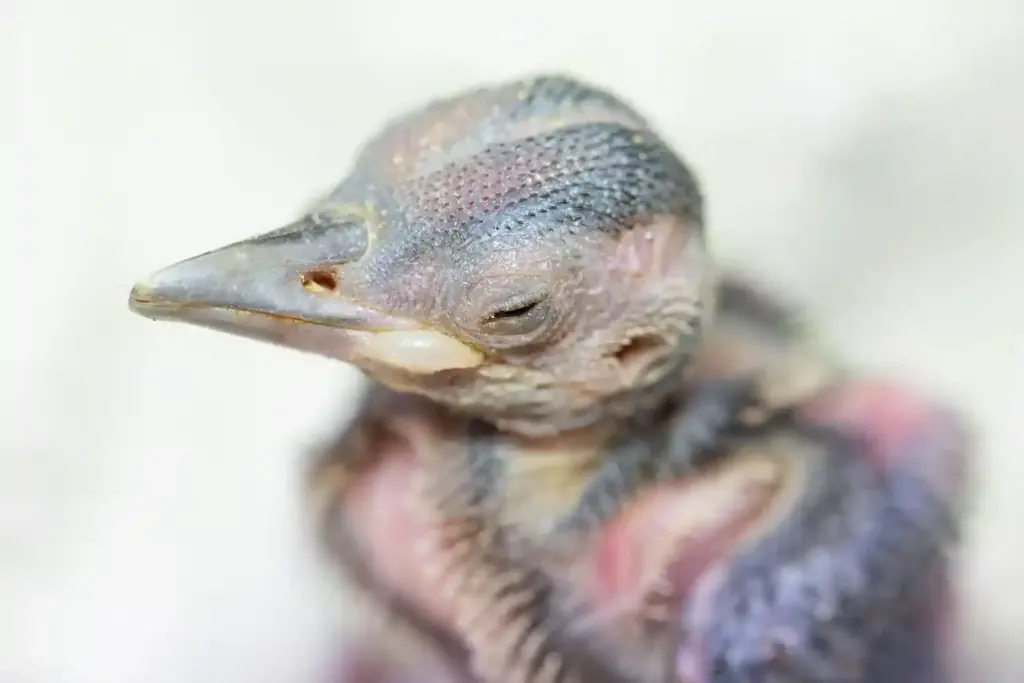
What could have possibly been the reason for their admittance, we hear you ask?
Well, unfortunately, this was a human-caused reason, something that sadly and frustratingly makes up a large percentage of our causes for admission. These three little drummers were victims of having their tree cut down, which, whilst this is not an illegal act, the intentional disturbance or removal of any active birds’ nest without the appropriate licensing, is.
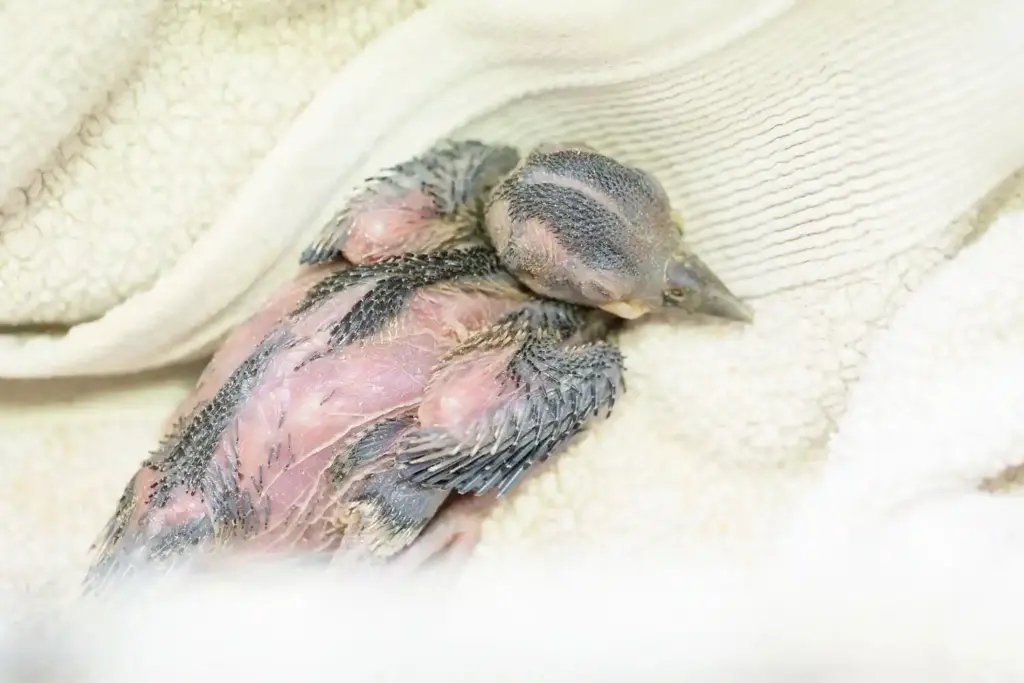
When the brood was discovered, the section of trunk containing the nest was placed on the ground in the hopes that the parents would continue to tend to them. Having been left for two days, and only a small number of visits by the parents witnessed, a member of the public swiftly made the decision to deliver the intact nest to our hospital. On admission, all three youngsters were unusually quiet for woodpeckers, with each one also showing signs of dehydration. We suspect the parents would have felt nervous to attend the youngsters, properly, due to the now increased risk of predation, being so accessible on the ground.
Following a full assessment by our vet team, the warming and rehydration process was started. It is common with most baby birds that when they start to feel better, they quickly discover their vocal cords and let everybody know! The woodpeckers were no different and, once fully rehydrated and receiving a regular delivery of dead bugs (to help imitate their natural diet) and an Insect Mix containing supplements, their loud peeping became a frequent feature of theirs and our hospital manager’s daily life.
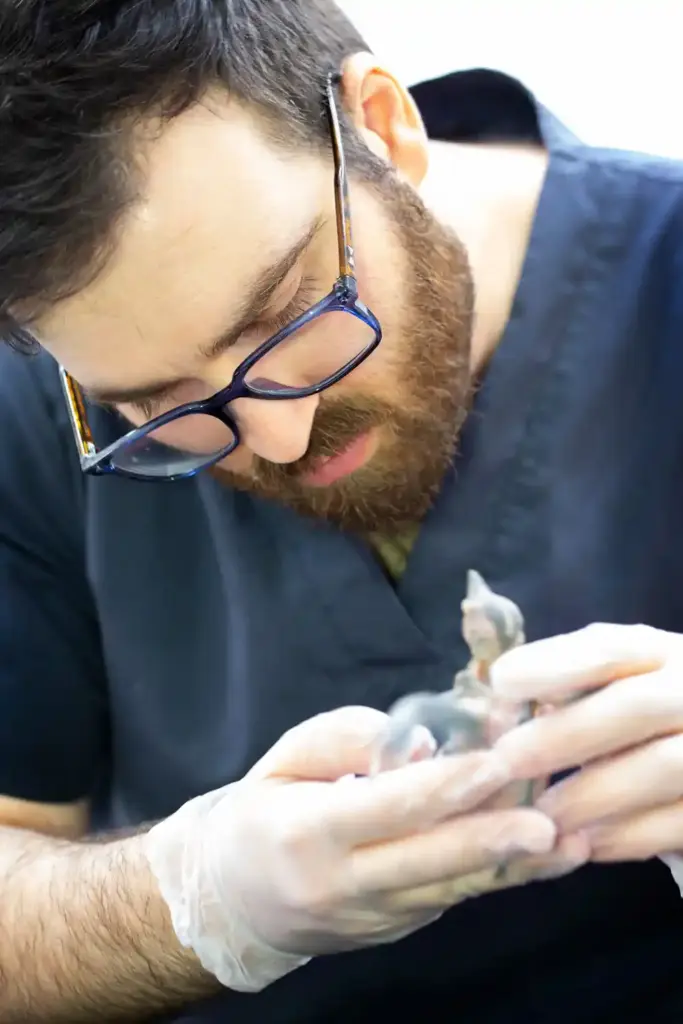
Over the next two weeks the three siblings went from being fed every hour, just like the parents would do, to being encouraged to feed for themselves. Weaning them from hand-feeding is an important stage in the rehabilitation process, and helps them actively search and find food for themselves. Woodpeckers are specialist feeders with the adaptation of unusually long tongues, so the use of natural logs with pre-drilled holes filled with food enables them to practice using their tongue to reach the food.
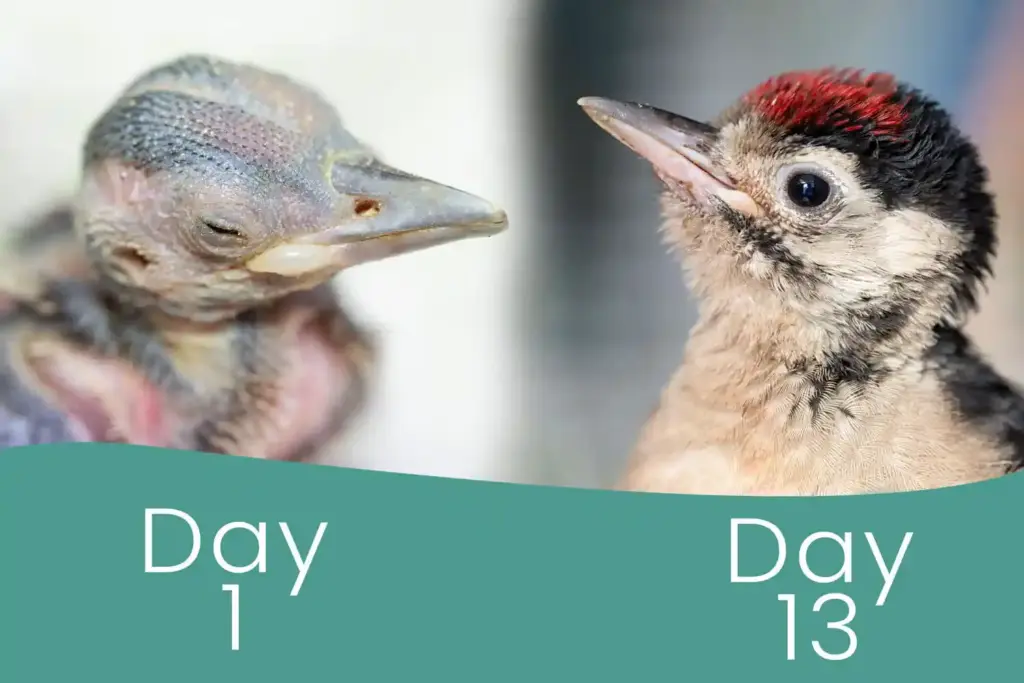
As the birds grew, so has the size of their enclosure; becoming increasingly more active meant they needed more space to move around, and so they were placed into a large bird cage containing hanging logs and foliage, helping to imitate a natural environment and encourage climbing, an important aspect of woodpecker life. After close monitoring to ensure all three were regularly feeding from the logs, the birds are now enjoying even more space in one of our large aviaries, where they are only offered support feeds a couple of times a day, until they decide they’re ready to fend for themselves.
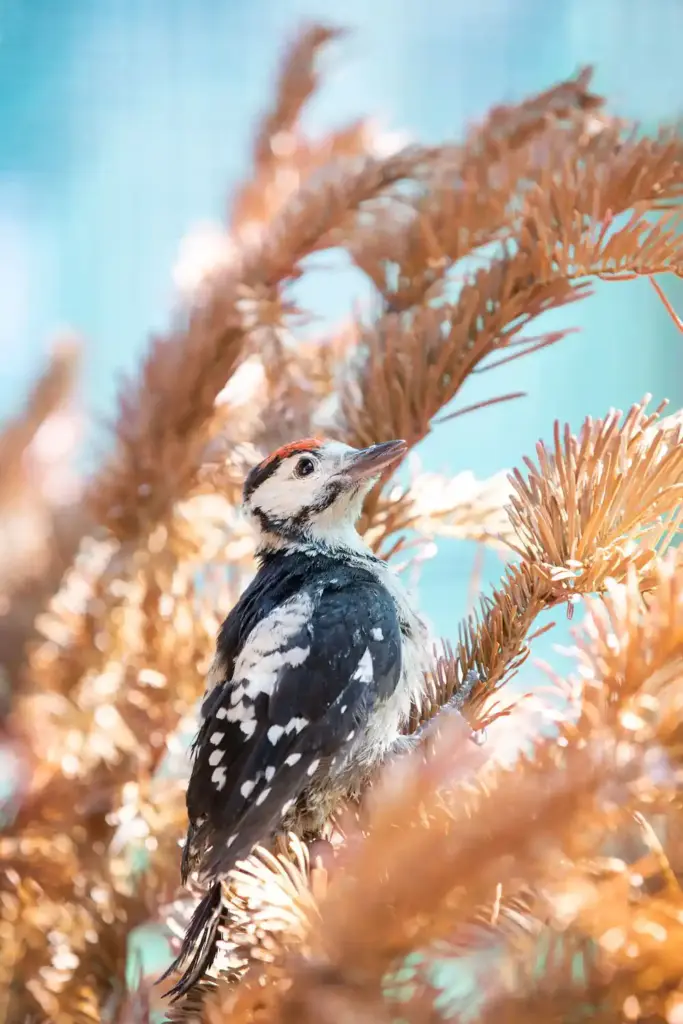
In a few weeks’ time we will bring you the final part of their story with us here at Wildlife Aid, when they will realise their first flight back into the wild.
When you donate you help towards the costs of looking after all the animals here at the hospital.
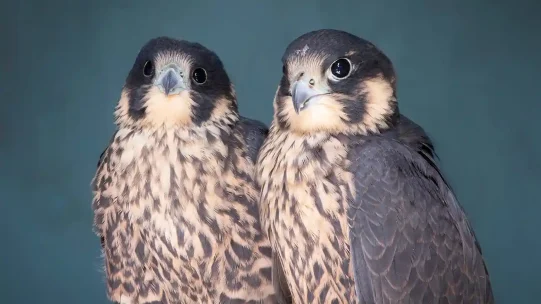
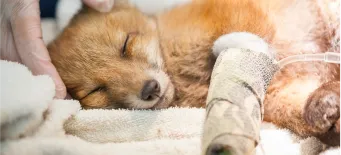
Could provide medicine for a sick animal
